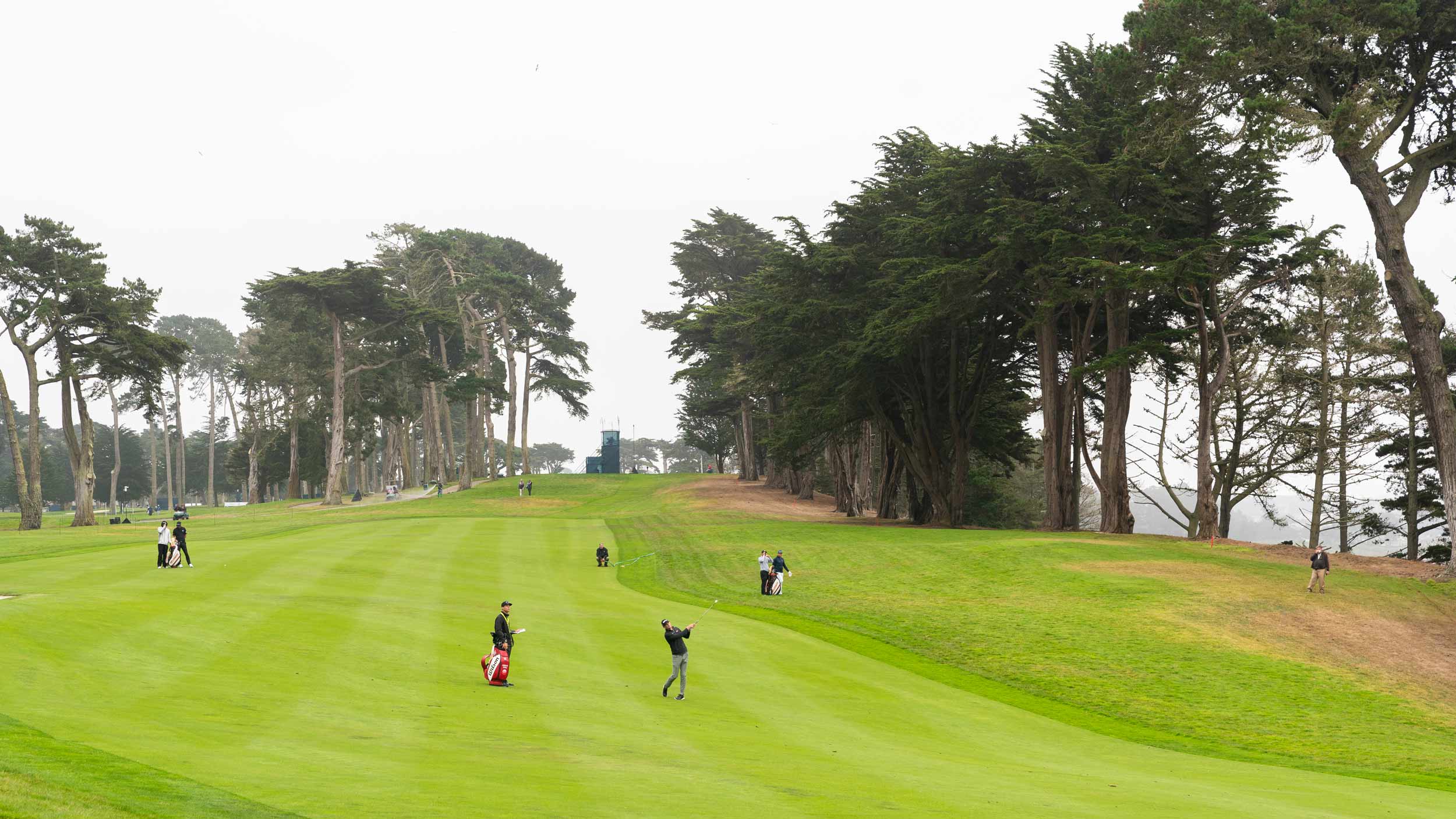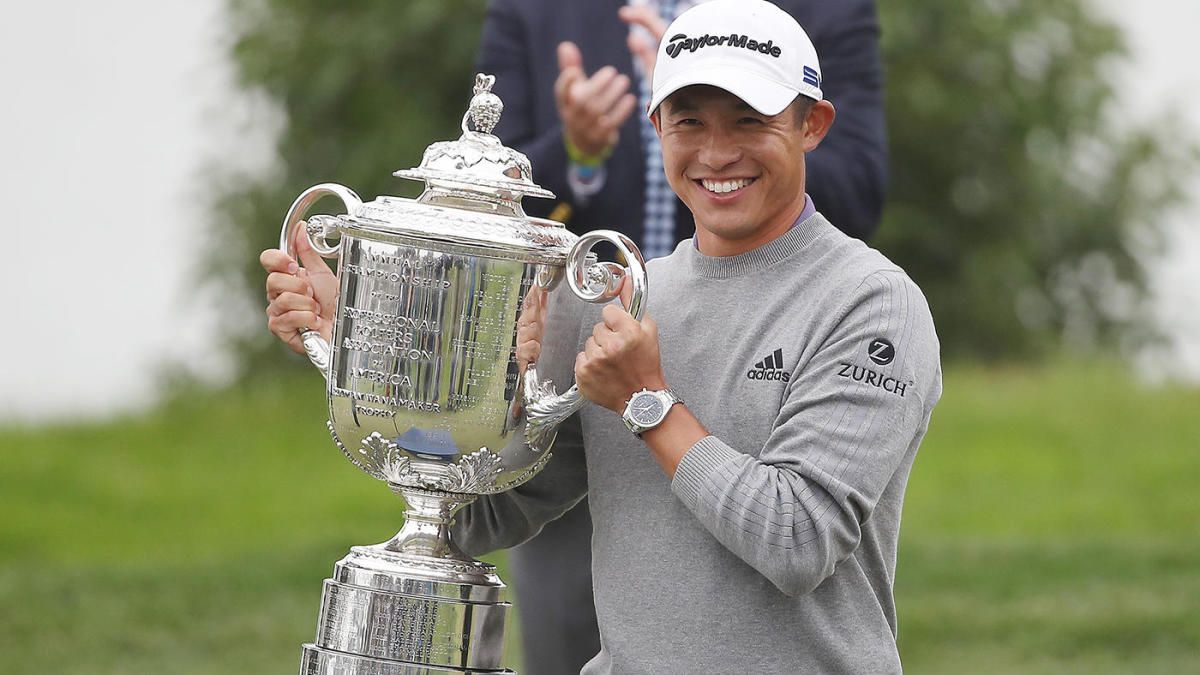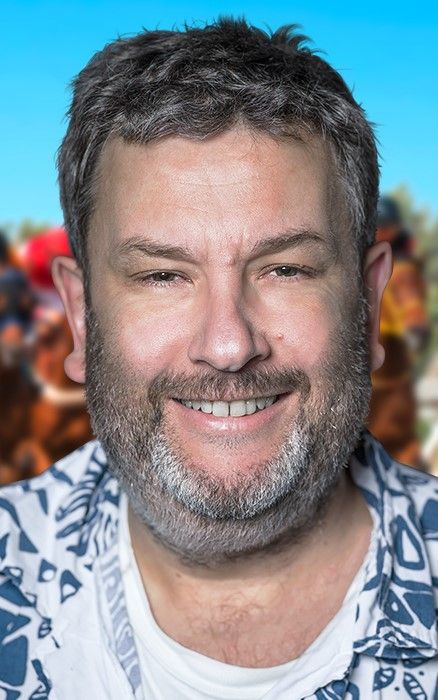Many congratulations from all of us to Collin Morikawa, whose 6-under 64 in the final round was enough to move him out of a seven-man pack tied for the lead at one stage on the last day, to win the 2020 PGA Championship.
Morikawa joins an elite group of players - Jack Nicklaus (1963), Tiger Woods (1999) and Rory McIlroy (2012) - as golfers who had won the Wanamaker Trophy by the age of 23.
The PGA Championships, the first golf Major to have taken place since last year’s British Open, was supposed to be held in early May, four weeks after the Masters, the traditional opening major for the men’s tour. But, in response to the coronavirus, the Masters is now scheduled for mid-November and the US Open at Winged Foot will take place in mid-September. The British Open, the only men’s major held outside the United States, was cancelled for the first time since World War 2.
As a consequence of the Live Event lockdown the PGA Championships was the first major American sports event to test out what a ‘fan-free experience’ feels like.

On the day before the final round, New York Times’s Pulitzer Prize-winning writer John Branch wrote an intriguing piece, ‘The Deafening Silence of a Coronavirus Championships.’
Branch observed: ‘Golf is the one sport that demands silence but really only becomes interesting when it gets loud. Sunday at a major is an audible experience.’
His reporting summarised the reaction from players and asking the cheeky question: ‘If a championship is won in a silent bubble, seen only through pixelated screens, does it count, at least as much?’.
Here are some of the key quotes and observations from Branch’s thoughtful piece which shows the punishing impact the lockdown is having on the competitiveness and interest level of the sport:
- Paul Casey, who finished second: ‘I flat-out don’t like it — plain and simple. Nothing I can do, obviously, but I miss it. I play golf at home with nobody around, and I much prefer it out here. This is why I love what I get to do, and it’s changed the dynamic of it.’
- ‘The absence of fans has altered the competition. Some players, like Casey, complained that the course’s low energy was affecting their performance. Others noted that [venue] Harding Park’s fierce rough has not been helpfully trampled by the feet of fans. An unlucky few have lost balls that normally would not have gone missing. On Friday, on the dogleg par-5 fourth hole, Xinjun Zhang tried to cut the corner with his drive but instead hit his ball closer to the fifth green, which in another year would have been surrounded by fans. The one or two officials nearby never saw it land; a search turned up nothing. Zhang was penalized a stroke and went back to the tee to tee off again.’
- Tommy Fleetwood: ‘If you look at players’ career-defining moments, in majors or other events, the crowd plays such a huge part in that. You look at the closing shots on the video footage and there’s massive crowds and everything. So that’s different.’
- Jon Rahm: ‘If somebody nearby is hitting a tee shot or even landing into a green close to you, you can hear that, you’re so aware. It’s just so loud. Noise travels so far here, and especially if you’re downwind. Every little thing, you’re going to be able to hear, right, so you just need to be just a little bit extra focused or aware that somebody is hitting a shot.’
- Rory McIlroy: ‘There’s no feedback from anywhere else, so the leader boards are the only thing you have to see how you’re doing in a tournament. There’s even no scoreboard holders, so you don’t even know how the guys in your group are doing.’
- ‘On the first day, Justin Thomas had hit a drive into trees along the seventh fairway. No one was nearby, and after a search of the rough, the ball was presumed to have lodged in a tree. No one was sure. There were other oddities. When McIlroy missed the green on the par-3 third hole on Friday, a roving reporter accidentally stepped on his ball, hidden in the long grass, because there were no fans around the green who might have kept it protected.’


